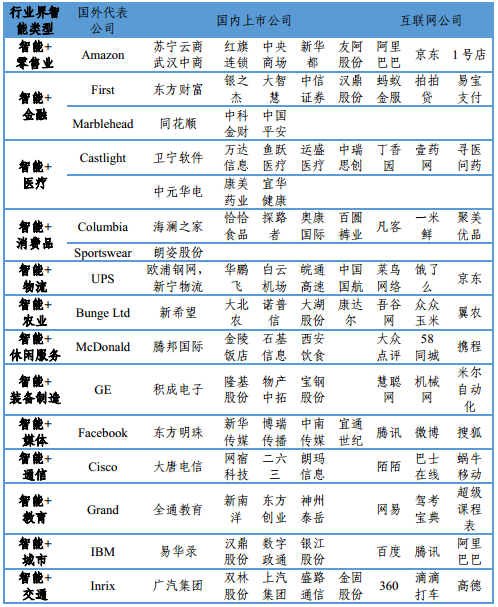1.Background
The development of human technology has entered the third wave of the information revolution, in which the world is intelligently interconnected. Artificial intelligence technology is undoubtedly a powerful engine that could change the future of emerging economy. At present, artificial intelligence has been widely used in face recognition, voice interaction, computer vision, medical service, education, military and other fields, and is also closely related to our daily lives. Intelligent Science and Technologyis a basic undergraduate major for cutting-edge high-tech, which is a cross-fusion of multiple disciplines and has a wide coverage. It is based on computer science, combines relevant theories and research methods in cognitive science, informatics, control science, life science, linguistics and other disciplines. Intelligent Science and Technology integrates machinery, electronics, sensors, computer software and hardware, artificial intelligence, intelligence system integration and other advanced technologies. It is affecting many areas of the national economy and has become an important symbol of a country's scientific and technological development level and the modernization and informatization of the national economy, which is also the commanding point of information science research and the main promotion point of information industry value in the 21st century. The School of Computer Science of China University of Geosciences (Wuhan) was officially approved to establish the major of Intelligent Science and Technology in 2018. We keep up with the current of times and continue to advance on the development path of artificial intelligence.
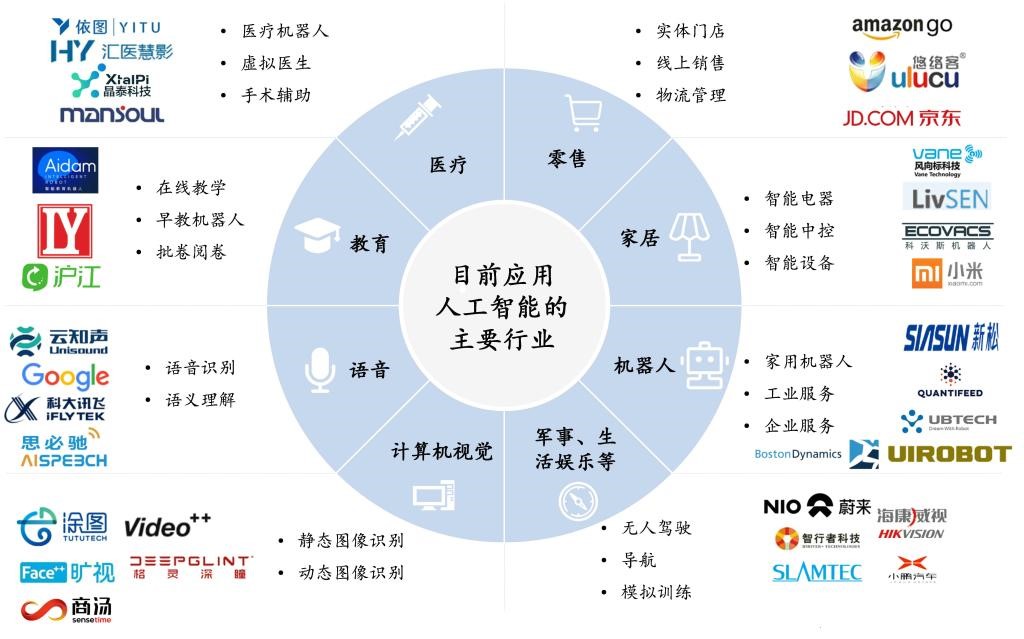
2.Objectives
This major is specifically designed and offered in response to the rapidly developing field of artificial intelligence in economic and social development.This program aims to cultivate intelligent professionals with all-round qualities. The program facilitates students to have a solid foundation of science and engineering, solid professional knowledge and skills, practical applications skills, systems analysis and design ability, capacity to become an innovator in the field of computer science; basic literacy in academic research sufficient to continue to postgraduate education; humanistic literacy, knowledge of professional ethics and social responsibility; good communication and coordination skills, teamwork, interdisciplinary collaboration skill as well as the international skill, in order to cultivate the future success for industry or academic and even management.
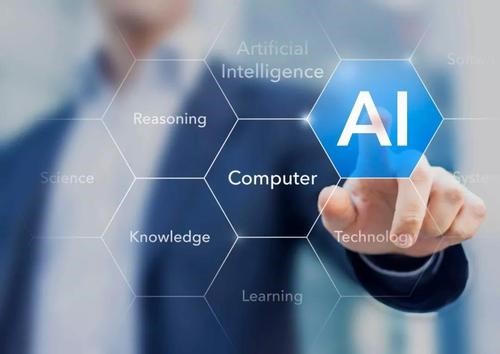

3.Requirements
Undergraduate graduates majoring in Intelligence Science and Technology must meet the following requirements:
(1) Basic Subject Knowledge: grasp the knowledge of mathematics, physics and other natural sciences required for the work in related fields of the major.
(2) Professional Related Theoretical Knowledge: master the basic theoretical knowledge of computer, electronic information, control theory and other technologies related to the major.
(3) Engineering Knowledge: master engineering and technical knowledge in the fields of intelligent control, pattern recognition, intelligent information processing, intelligent management and intelligent decision-making.
(4) Design/Develop Ability: can complete the basic experimental design of this major, and have certain application development capabilities.
(5) Problem Solving Ability: be able to comprehensively apply the learned theories and skills to discover, analyze, and solve professional related problems, and have a sense of innovation.
(6) Track Development Frontiers: have the consciousness of tracking the development of the discipline and basic skills of literature retrieval, and be aware of the latest progress and development trends of the major.
(7) Language and Communication: have a certain international sensitivity and master at least one foreign language so as to be able to read foreign language documents and communicate in a cross-cultural environment.

4.Courses
Main Courses: Courses related intelligent systems, intelligent algorithm, and data processing engineering projects are covered as follows: Data Acquisition and Preprocessing, Intelligent Systems Platform and Applications, Intelligent Optimization Algorithm, Data Visualization, Machine Learning, Cloud Computing and Virtualization, High Performance Computing, Multivariate Statistics and Analysis, Deep Learning,Intelligent Algorithm Analysis,Application and Development for Geosciences, Intelligent Algorithm Analysis, Application and Development for Medicine, Intelligent Algorithm Analysis, Application and Development for Commerce.
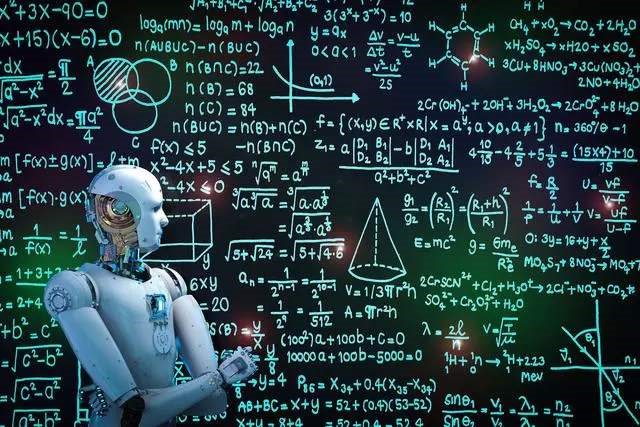
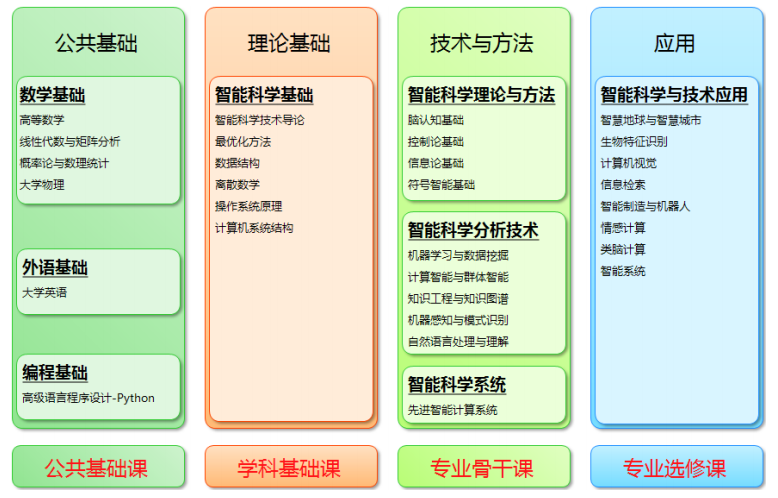
Practical Work: Computer High-level Language Course Projects, Orient Object Programming Course Projects, Data Structure Course Projects, Computer Organization and Structure Course Projects, Intelligent Platform and Application Course Projects, Data Mining Course Projects, Deep Learning Course Projects, Data Visualization Course Projects, Intelligent Comprehensive Practice, Enterprise Engineering Practice.
5.Faculty and Talent Training
There are 15 full-time teachers in this major, including 1 "New Century Talent of the Ministry of Education", 1 "Hubei Outstanding Youth", 3 Professors, 3 Doctoral Supervisors, 2 "University Tengfei Plan", and 2 "University Cradle Plan". Nearly two-thirds of the teachers have foreign education or research experience.
In the last three years (2017-2019), professional teachers have obtained (participated in) more than 20 national natural science foundation projects as well as national military industrial vertical projects, etc . Additionally, more than 60 SCI have been published, more than 20 papers ranking in the first division of the Chinese Academy of Sciences and China Computer Society (CCF), including IEEE-TPAMI, IEEE-TIP, IEEE-TKDE, IEEE-TMM, as well as top conferences CVPR, IJCAI, AAAI, etc. in the field of artificial intelligence. In which there are 5 highly cited papers.
There are two scientific research teams in this major: the intelligent optimization theory and application team and the machine learning theory and application team. There are more than 60 doctoral and master students have been trained or are studying. This major has established long-term cooperative relationships with well-known foreign universities and research institutions such as Nanyang Technological University, Columbia University, University of Technology Sydney, University of Wollongong, and Alibaba Dharma Institute. This major has laid a solid foundation for the internationalized teaching and talent training of intelligent science and technology majors.
6.Career Prospects
The modern information society marked by intelligence has huge demand for intelligent science and technology talents. The employment prospects of students majoring in intelligent science and technology are very broad. The first-three main employment directions are: the intelligent system research and development, the intelligent application development, and the intelligent algorithms. In these three directions, their basic positions are generally intelligent system R&D engineers, intelligent application development engineers, and intelligent algorithm engineers. They are mainly employed in consumer electronics, software information, and other emerging industry sectors to engage in intelligent system, industrialization, and informationization relevant technology design, development, research and application in the field can also be engaged in teaching and scientific research in universities or scientific research units. The combination of intelligent technology and professional field knowledge will make the employment of graduates of this major wider. The full integration and application of intelligent technology and retail, finance, medical, logistics, agriculture, communications, education, urban, transportation and other industries will also greatly promote the development of these industries.
